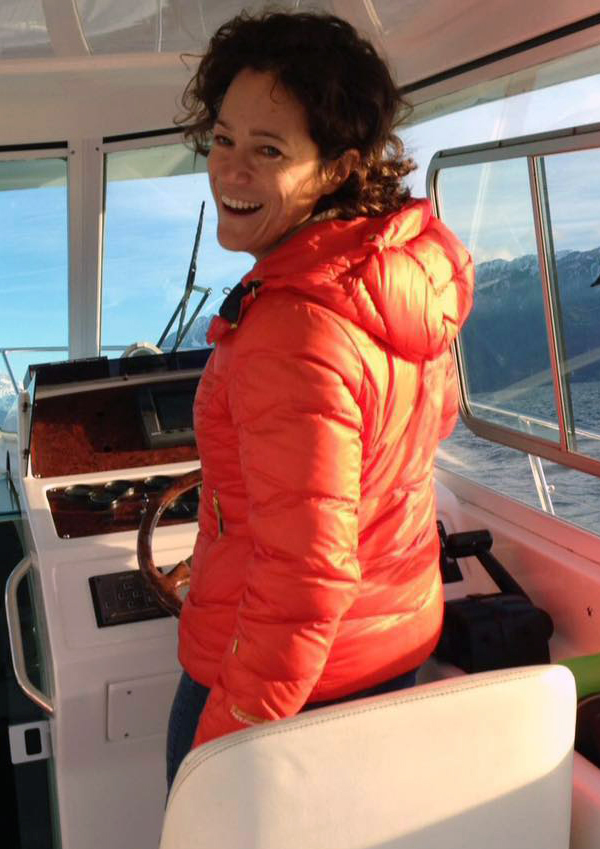Carey Sargent
The biggest challenge that women face in the workplace is...
For me, the biggest challenge by far has been managing to integrate a family with a career. I loved my job as a journalist but it was too emotionally expensive (and expensive, period, now that I remember the costs of the crèche) to continue at it full time, particularly with two children relatively close in age. The job wasn’t well suited to part-time work, and demanded some travel, and so even though my employer made an effort to accommodate me, I couldn’t manage, or didn't want, to stick to that somewhat gruelling schedule for very long. This is probably a cliché, but I felt like I was both a bad mother and a bad employee and spreading myself too thin. In the end I decided to find something that would be less stressful for the family as a whole.

I chose to work in an academic environment because...
I like the atmosphere in general and particularly appreciate the kinds of people this environment attracts. I also feel like it is a "business" that contributes something valuable to society and I'm glad to be part of that.
If I were not working in my current job, I would be...
I think that under other circumstances I might be drawn to something outdoors and more physical. I was reasonably good at school and so the underlying assumption was that I’d go on to do something that involved working with ideas or words—a "knowledge worker," I guess. I never even thought about, or even knew about, options that might be considered more manual. I always prefer being outdoors though, especially on the water. Boat pilot? Dive instructor? That might still happen someday.
My greatest achievement to date has been...
I'm probably supposed to say my children, but I don't know how they're going to turn out yet! :-) In the meantime, I'll say I'm pretty pleased with the way I've managed to convince various people over the years to let me attempt things that I might not obviously be qualified for on paper and then (mostly) proving them right to have given me a chance. There was no particular reason to think that I could successfully study financial economics at the master's level after an undergraduate degree in philosophy, but they let me try, and I did it. There was no reason to think that I could do a good job covering the pharmaceutical industry as a beginner journalist with no background in the field, but they let me try, and I did it. There was just that professor who didn't have any particular reason to think that I could complete a PhD in econometrics and Bayesian statistics...he let me try, but...
